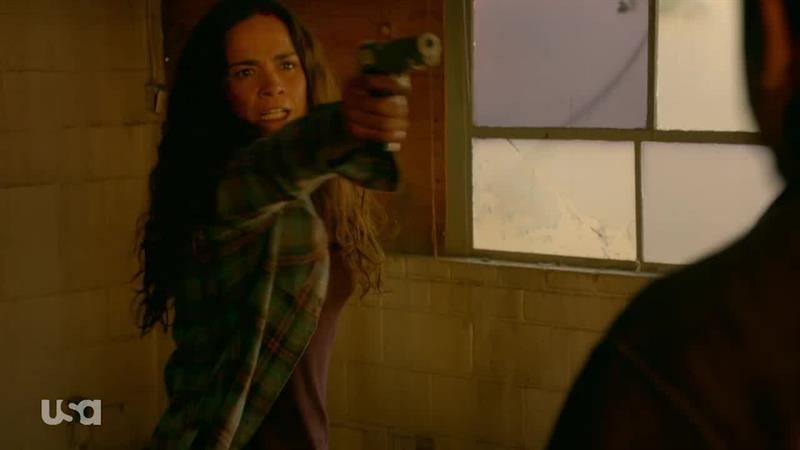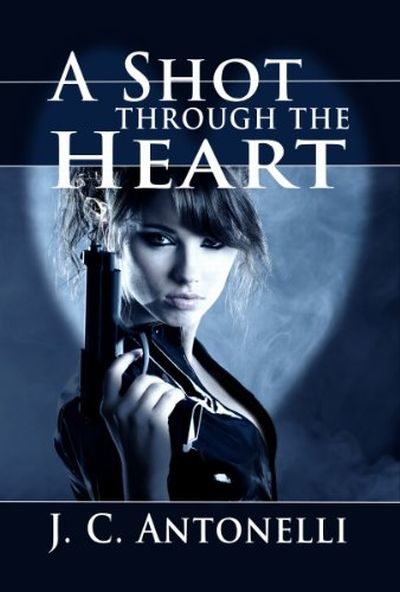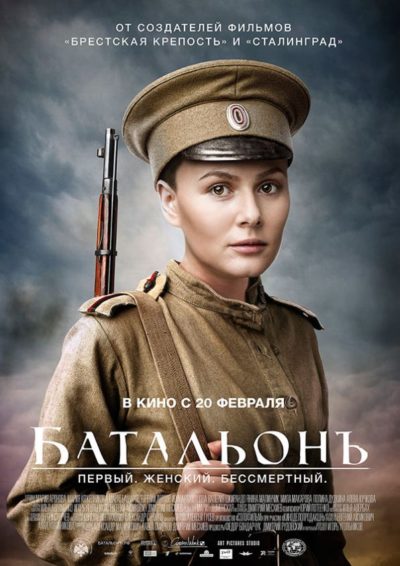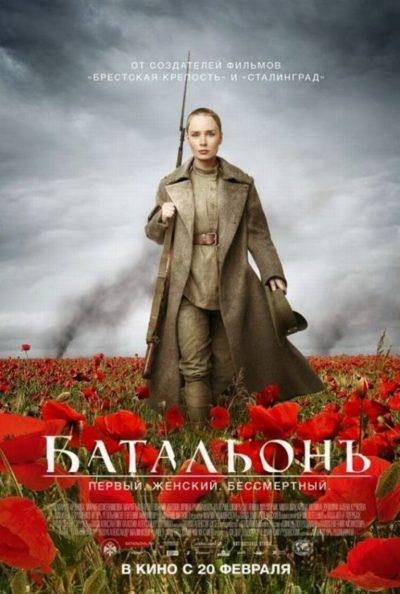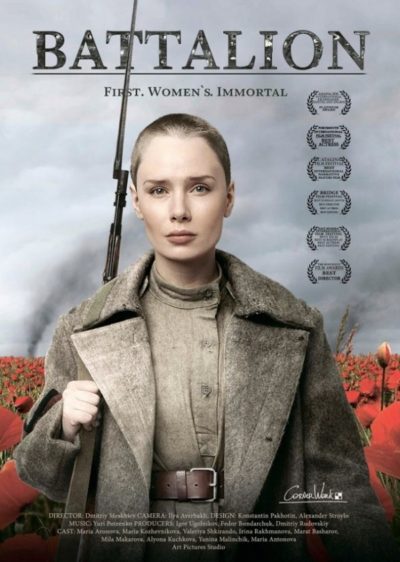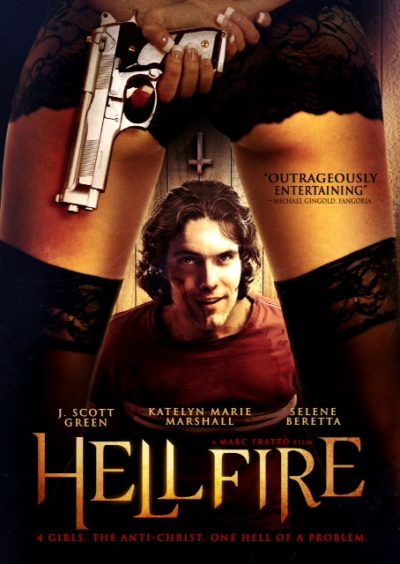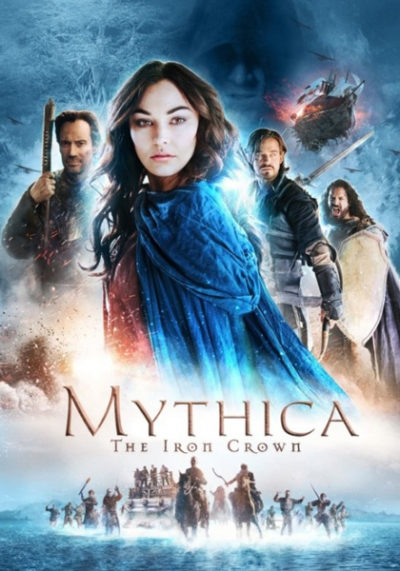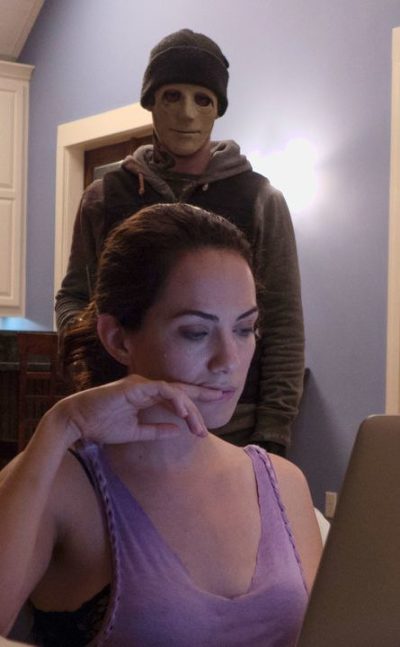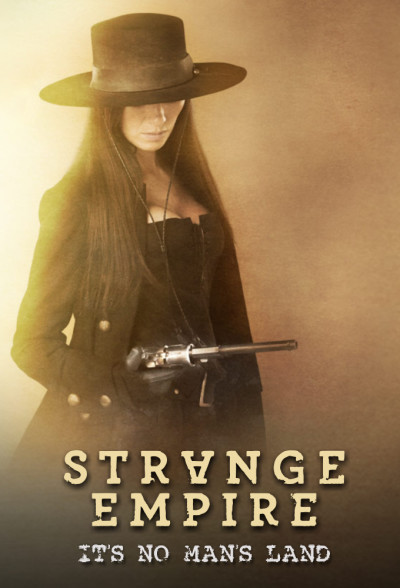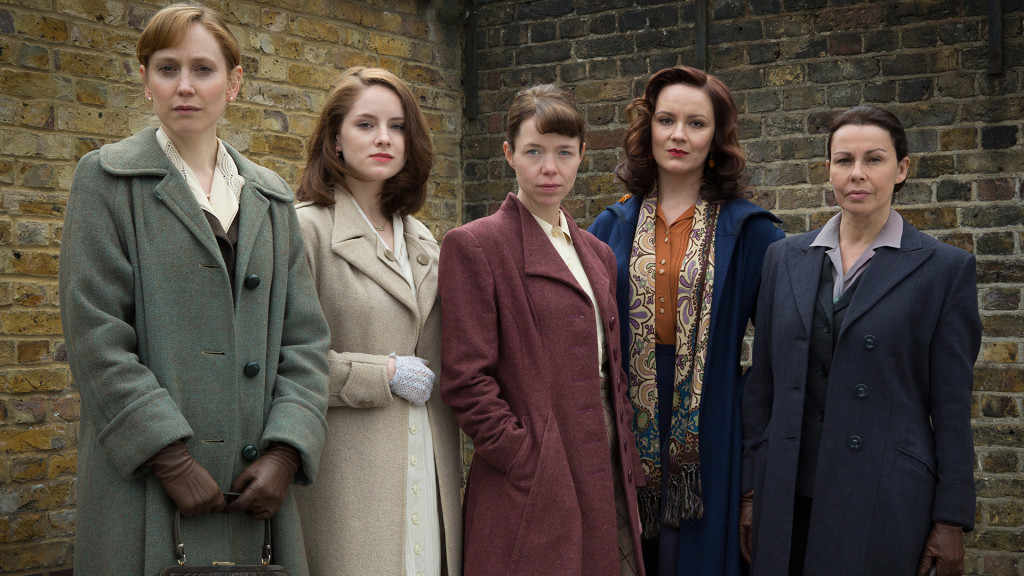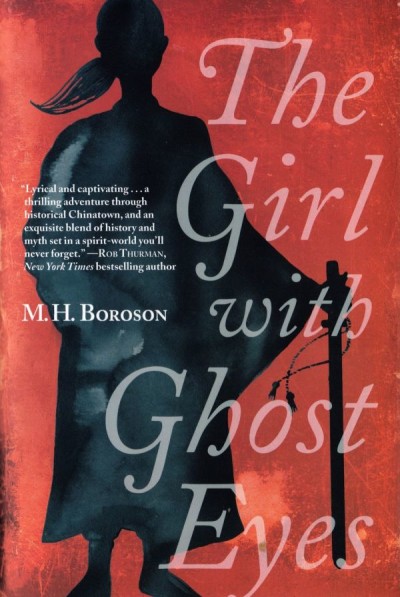Literary rating: ★★★★★
Kick-butt quotient: ☆☆☆☆
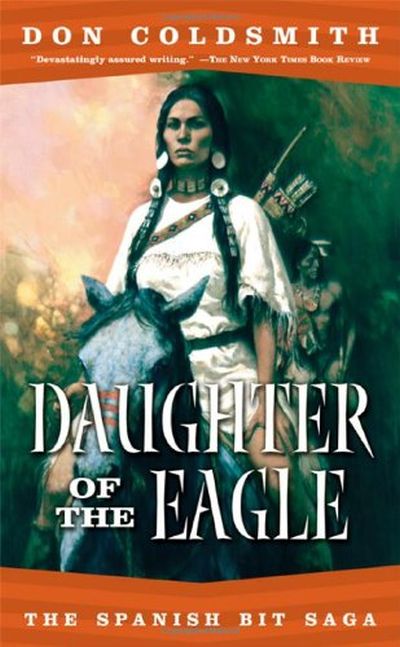
 Although it’s self-contained enough to be read as a stand-alone, this is actually the sixth novel in Coldsmith’s popular Spanish Bit Saga, a multi-generational epic of the history of the Plains Indians after their culture is transformed by the coming of the horse, focusing on a tribe that calls itself (as most of them did) simply “the People.” (It’s a fictional, composite tribe, but probably modeled most closely on the Cheyenne.) In terms of style and literary vision, it has a lot in common with the series opener, Trail of the Spanish Bit, and the numerous other series installments I’ve read. However, it proved to be my favorite (and, I believe, my wife’s as well). Re-reading it, and re-experiencing parts I’d forgotten, was a reminder of how much I liked it the first time, and still do!
Although it’s self-contained enough to be read as a stand-alone, this is actually the sixth novel in Coldsmith’s popular Spanish Bit Saga, a multi-generational epic of the history of the Plains Indians after their culture is transformed by the coming of the horse, focusing on a tribe that calls itself (as most of them did) simply “the People.” (It’s a fictional, composite tribe, but probably modeled most closely on the Cheyenne.) In terms of style and literary vision, it has a lot in common with the series opener, Trail of the Spanish Bit, and the numerous other series installments I’ve read. However, it proved to be my favorite (and, I believe, my wife’s as well). Re-reading it, and re-experiencing parts I’d forgotten, was a reminder of how much I liked it the first time, and still do!
By now, our chronological setting is the late 1500s; we’re focusing on the granddaughter of Juan Garcia, the Spanish soldier who first introduced the People to the horse, and daughter of his older son Eagle (hence the book title). She’s known as Eagle Woman when the book begins, and will become Running Eagle later (in her culture, personal names can be changed with circumstances and status). When we meet her, she’s 19 (and the oldest girl in the tribe –or at least in her particular band of the tribe– still single). Like all children, both male and female, of her people, she grew up being trained in athletic pursuits and the use of weapons; she’s stronger and faster than most girls, and recognized as proficient with the bow.
Most men of hunting/fighting age among the People belong to the main warrior society. (The author does his usual excellent job of bringing the culture and its institutions to life here.) This group concerns itself with buffalo hunting –but also with tribal warfare, usually against the People’s traditional enemy, the Head-Splitters. (Unlike warfare in the European tradition, this isn’t concerned with political conquest, though jockeying for control of hunting territory plays a role in it; it’s more a matter of sporadic raiding to bring personal glory to warriors, and for stealing horses and slaves. But like all warfare, it’s a grim and ugly pursuit.) Our heroine is a “warrior sister” of the society, one of a few girls who take part in its rituals as priestesses. But for reasons of personal challenge and fulfillment, she makes a momentous decision near the beginning of the book: she’d like to take the unusual –but not culturally prohibited– step of seeking full warrior status in the society. This won’t necessarily require her to be involved as a member of actual war parties, and that isn’t her intended object in wanting to join. But the ways that circumstances develop are often not at all what people originally intend and expect….
One of my Goodreads friends who read this book wrote that she “couldn’t get into it.” That’s probably a result of Coldsmith’s writing style, which won’t be every reader’s cup of tea. He prefers straight narration to development of plot and characters through dialogue; so the latter takes a back seat to the former here. And where we have dialogue –and we have it, as needed– it tends to be terse and laconic, realistically reflecting the norm of a culture that devalued chatter and cultivated terse simplicity in everyday speech. Our three main characters are developed very well, IMO, but mainly by the author allowing us inside their heads, so we’re privy to their thoughts and feelings. This didn’t bother me; but if it would bother you, you may not “get into” the book either. Otherwise, the style is made to order for a quick read, with short chapters in 178 pages of text overall, and prose that doesn’t call attention to itself but carries you along on a white-water ride. The plot is exciting and increasingly suspenseful, and the literary craftsmanship first-rate (I considered the ending perfect!). There’s a good, clean romantic element; Long Walker is a fine leading male character, and the book has no issues of bad language or overly graphic content.
However, because Coldsmith is a male author, and he’s dealing with a plot in which rape occurs, some readers will find the latter fact problematical; it may be suggested that the only reason a male author could have to treat the subject at all is because of a morbid fascination with it, and/or that he’s “trivializing” it here. (Taken captive at one point, Running Eagle is subjected to sexual union with the enemy sub-chief who has a sick obsession with her, though the incidents aren’t directly described; she submits physically but not emotionally, remaining defiant, and isn’t reduced to emotional and mental ruin by the experience.) In the context of thousands of years of history in which women have repeatedly been victims of sexual violence, and a large percentage of present-day women have or can expect to be, sensitivity on this subject is completely understandable.
My honest response to the concern here would be that I think Coldsmith includes that component in his plot because in the historical setting it was a realistic danger that couldn’t be ignored, not because of any fascination with it (it’s glossed over too quickly to see it as being milked for any particular fascination); that he views it, and encourages the reader to view it, as evil and disgusting, and that he correctly sees it as being about power, not about normal sexual desire; and that the kind of female response to rape we have here doesn’t “trivialize” it so much as view it from a perspective of personal strength, in which a woman doesn’t choose to be self-marked or self-defined for the rest of her life by anything an enemy might do to her. Obviously, not all women, or all men, have that kind of inner strength; and anyone who’s left horribly psychologically scarred by traumatic abuse (of whatever sort) deserves our fullest compassion. But I personally think a response of personal strength provides a better role model for women in this situation than they get from, say, a writer like Thomas Dixon, with his advice to “defiled” rape victims that they commit suicide over it.
Author: Don Coldsmith
Publisher: Doubleday, available through Amazon, both for Kindle and as a printed book.
A version of this review previously appeared on Goodreads.







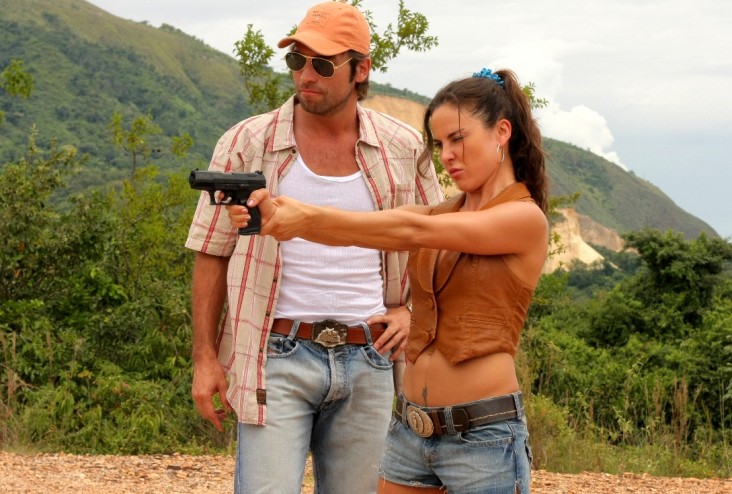
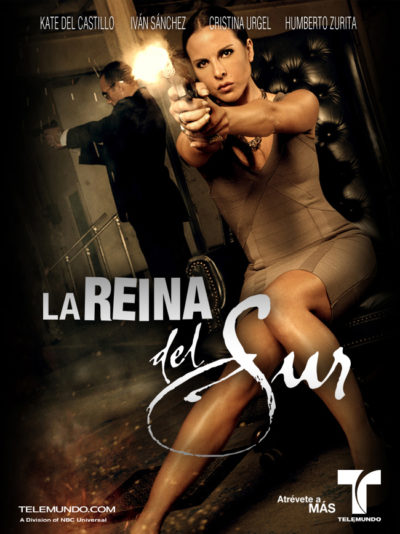
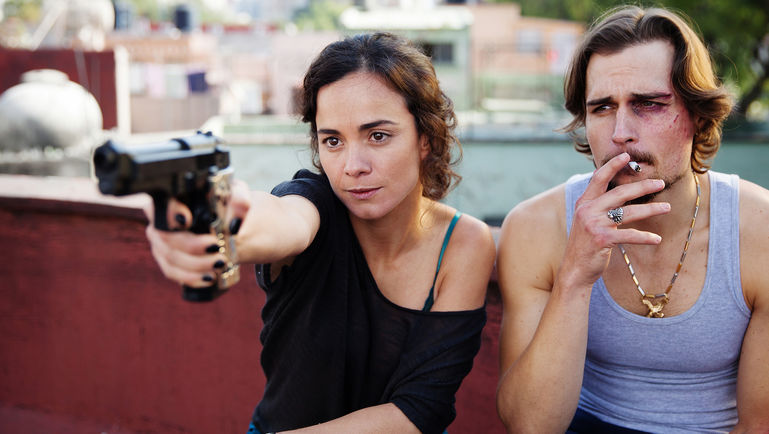
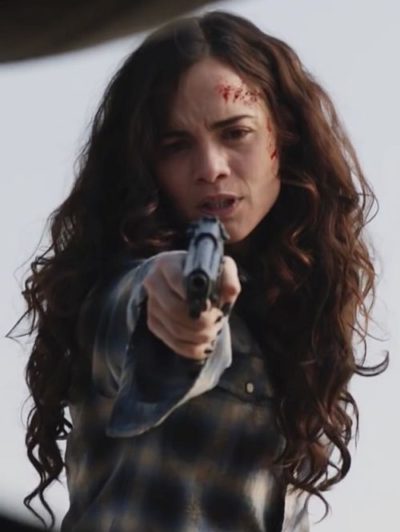 The other major difference is one of focus. Teresa (Braga) has, to this point, not risen very high at all up the ladder of the drug business. There’s some obvious foreshadowing that she will, in that her “spirit animal” is an impeccably-dressed version of herself. But that appears well off into the future. For now, the real “Queen of the South” so far is Camila Vargas (Falcon). She’s the separated wife of Epifanio Vargas (de Almeida), who runs the American side of the business. She seizes an opportunity presented by Epifanio’s political campaign, and is working on going into business entirely on her own, dealing directly with the Colombian cartels. Needless to say, this does not sit well with her former husband, and when she discovers he is also after Teresa – no more than a low-level runner in her Dallas, Texas organization – her interest is inevitably piqued.
The other major difference is one of focus. Teresa (Braga) has, to this point, not risen very high at all up the ladder of the drug business. There’s some obvious foreshadowing that she will, in that her “spirit animal” is an impeccably-dressed version of herself. But that appears well off into the future. For now, the real “Queen of the South” so far is Camila Vargas (Falcon). She’s the separated wife of Epifanio Vargas (de Almeida), who runs the American side of the business. She seizes an opportunity presented by Epifanio’s political campaign, and is working on going into business entirely on her own, dealing directly with the Colombian cartels. Needless to say, this does not sit well with her former husband, and when she discovers he is also after Teresa – no more than a low-level runner in her Dallas, Texas organization – her interest is inevitably piqued.